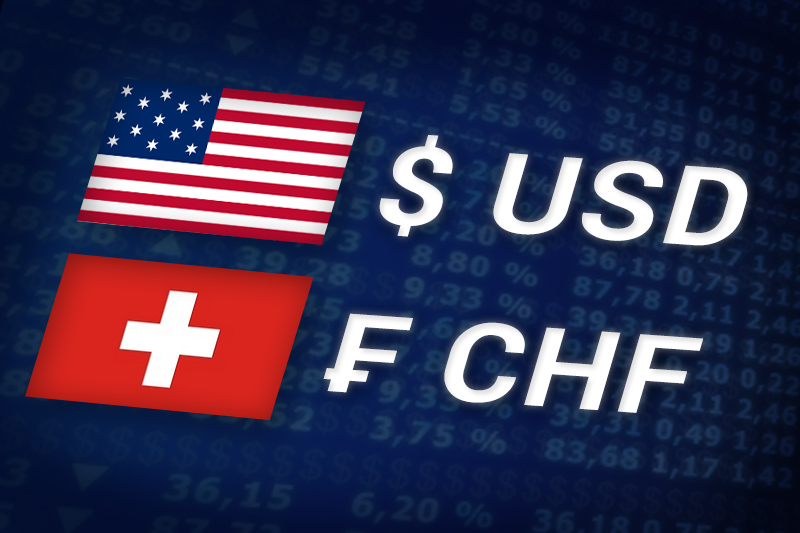Investing.com - The U.S. dollar advanced to a four-month high against the Swiss franc on Wednesday as fears over the risk of a Greek exit from the euro zone dominated market sentiment and supported safe haven demand for the dollar.
USD/CHF hit 0.9471 during Europe morning trade, the pair’s highest since January 18; the pair subsequently consolidated at 0.9455, rising 0.21%.
The pair was likely to find short-term support at 0.9425, the session low and resistance at 0.9496, the high of January 18.
Speculation that Greece could be forced out of the euro zone mounted after cross party talks aimed at forming a coalition government failed on Tuesday, forcing another round of elections.
But uncertainty over the outcome of the new elections fuelled fears over the country’s ability to uphold its financial commitments and its possible exit from the euro zone.
The spike in risk aversion pushed the borrowing costs of peripheral euro zone nations higher, with the yield on Spanish 10-year bonds climbing to 6.41%, while the yield on Italian 10-year bonds rose to 6.07%.
In Switzerland, a report showed that economic sentiment deteriorated in May, swinging back in to negative territory after turning positive for the first time since October last month.
The Centre for European Economic Research (ZEW) said its indicator of economic sentiment declined to a reading of minus 4.0 in May from a reading of 2.1 the previous month. Analysts had expected the index to decline to minus 8.0 this month.
The Swissie was little changed against the euro, with EUR/CHF dipping 0.01% to hit 1.2009.
Later Wednesday, the U.S. was to produce official data on building permits and housing starts, followed by reports on the capacity utilization rate and industrial production. In addition, the Federal Reserve was to publish the minutes of its most recent policy meeting.
USD/CHF hit 0.9471 during Europe morning trade, the pair’s highest since January 18; the pair subsequently consolidated at 0.9455, rising 0.21%.
The pair was likely to find short-term support at 0.9425, the session low and resistance at 0.9496, the high of January 18.
Speculation that Greece could be forced out of the euro zone mounted after cross party talks aimed at forming a coalition government failed on Tuesday, forcing another round of elections.
But uncertainty over the outcome of the new elections fuelled fears over the country’s ability to uphold its financial commitments and its possible exit from the euro zone.
The spike in risk aversion pushed the borrowing costs of peripheral euro zone nations higher, with the yield on Spanish 10-year bonds climbing to 6.41%, while the yield on Italian 10-year bonds rose to 6.07%.
In Switzerland, a report showed that economic sentiment deteriorated in May, swinging back in to negative territory after turning positive for the first time since October last month.
The Centre for European Economic Research (ZEW) said its indicator of economic sentiment declined to a reading of minus 4.0 in May from a reading of 2.1 the previous month. Analysts had expected the index to decline to minus 8.0 this month.
The Swissie was little changed against the euro, with EUR/CHF dipping 0.01% to hit 1.2009.
Later Wednesday, the U.S. was to produce official data on building permits and housing starts, followed by reports on the capacity utilization rate and industrial production. In addition, the Federal Reserve was to publish the minutes of its most recent policy meeting.
